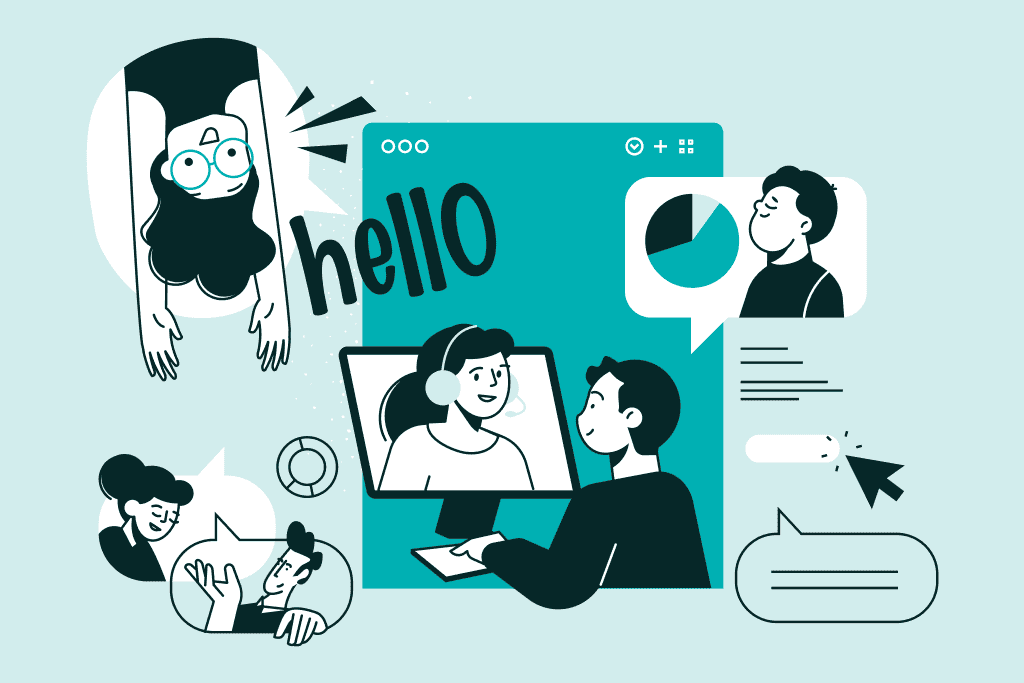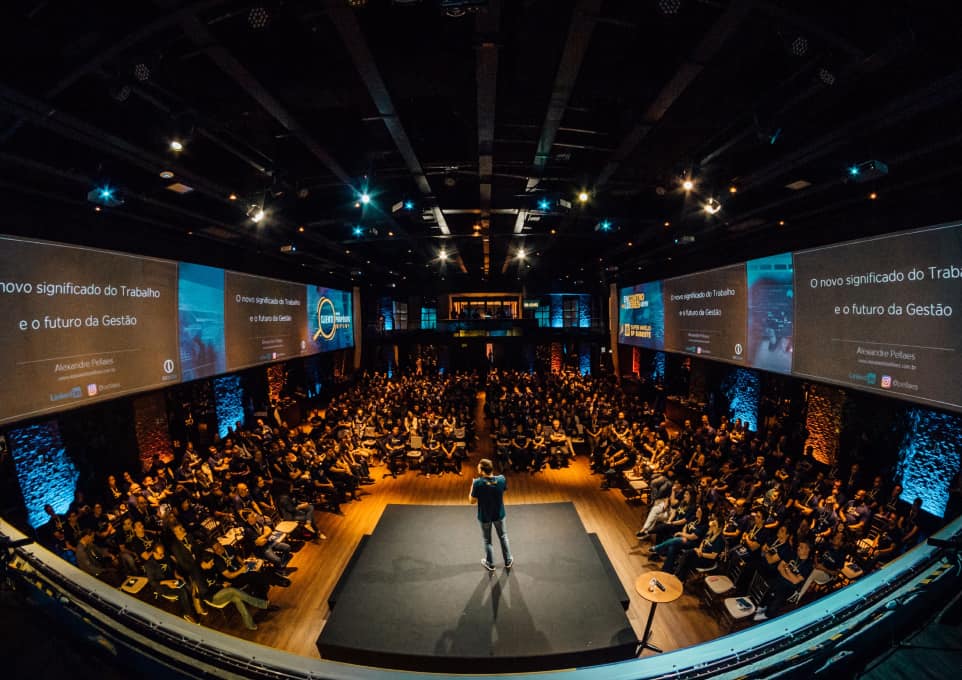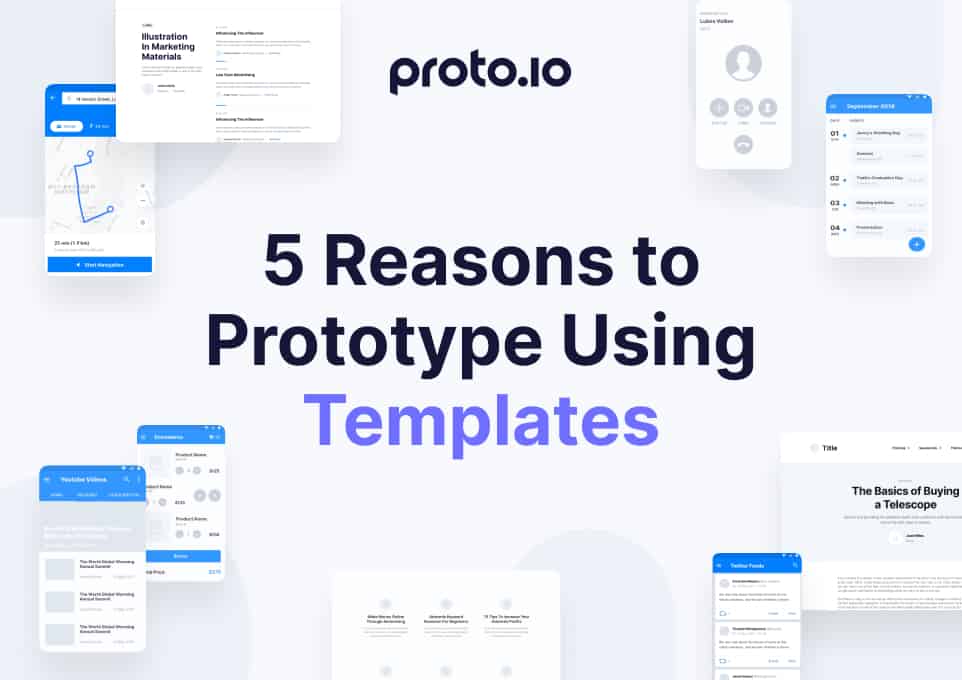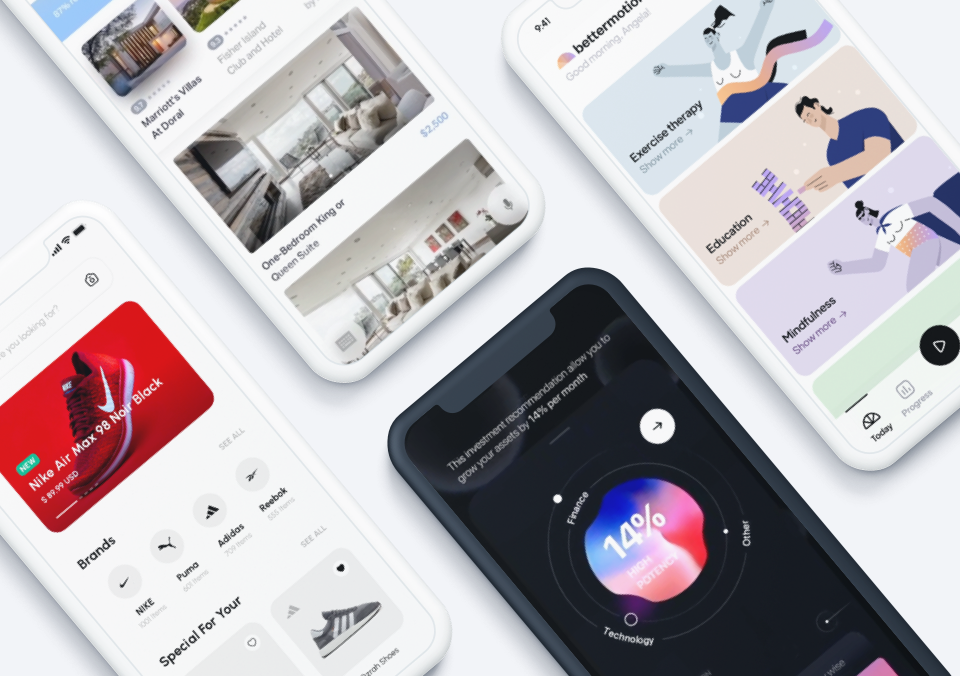Breaking into any field takes time, dedication, and a healthy dose of inspiration. The design industry is no different. Recently I caught up with three designers I’ve admired and followed over the years to get an inside look into why they chose to become designers and what design inspiration keeps them going—even when an important deadline is looming, and they’ve hit a creative block.
Designers Creating a Name for Themselves
Natalie Schoch is a front-end designer on the brand design team at Gusto, which offers payroll, benefits, and HR to small businesses. She tells me her job is “to communicate Gusto’s mission and product specifically through front-end development and web design on our marketing website and other interactive experiences.” Schoch also pitches in with her team to “develop Gusto’s visual language to represent our values as a company and to resonate with our customers.”
Amanda Muela is a Product Designer at Q2ebanking, a digital banking company. She explains that her role entails “communicating the business benefits of human centered design. Everyday I am championing our users, proposing new workflows and looking for ways to impact the business.”
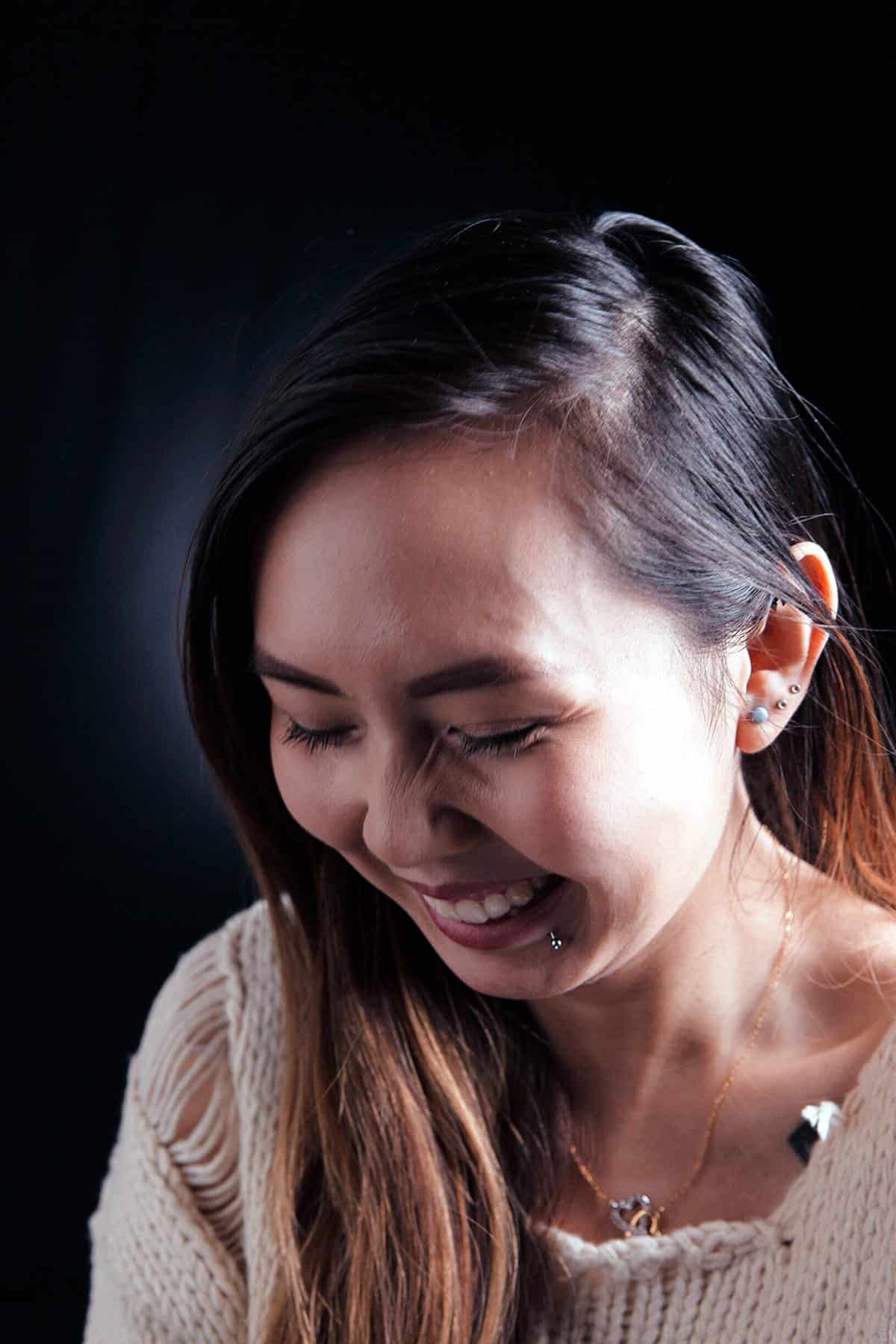
Jenny Truong is a new Art Director at Stein IAS, a B2B marketing agency. She has previously worked as a freelance designer and is excited to act as the design force behind innovative marketing campaigns for the world’s leading brands.
Hearing about what these designers are up to makes me wonder how they got to where they are today and where they draw their design inspiration.
Design Inspiration on Day One
Being surrounded by art and having encouragement along the way held true for each of the designers. Whether they knew from a young age that an artistic pursuit was the right path for them, or if it stood out right in time for them to pick their concentration in college, when they knew, they went full speed ahead.
Truong didn’t have an epiphany that drove her to design, but instead, it was a gradual process that made it clear that design was for her. She recalls, “I was always surrounded by creativity growing up… I used to tinker with Microsoft Paint to create graphics for my Xanga/Asianavenue blogs. I think I really started to take ‘design’ seriously in high school when I received a copy of Paint Shop Pro and Photoshop 7 and created random icons and other projects on Livejournal.”
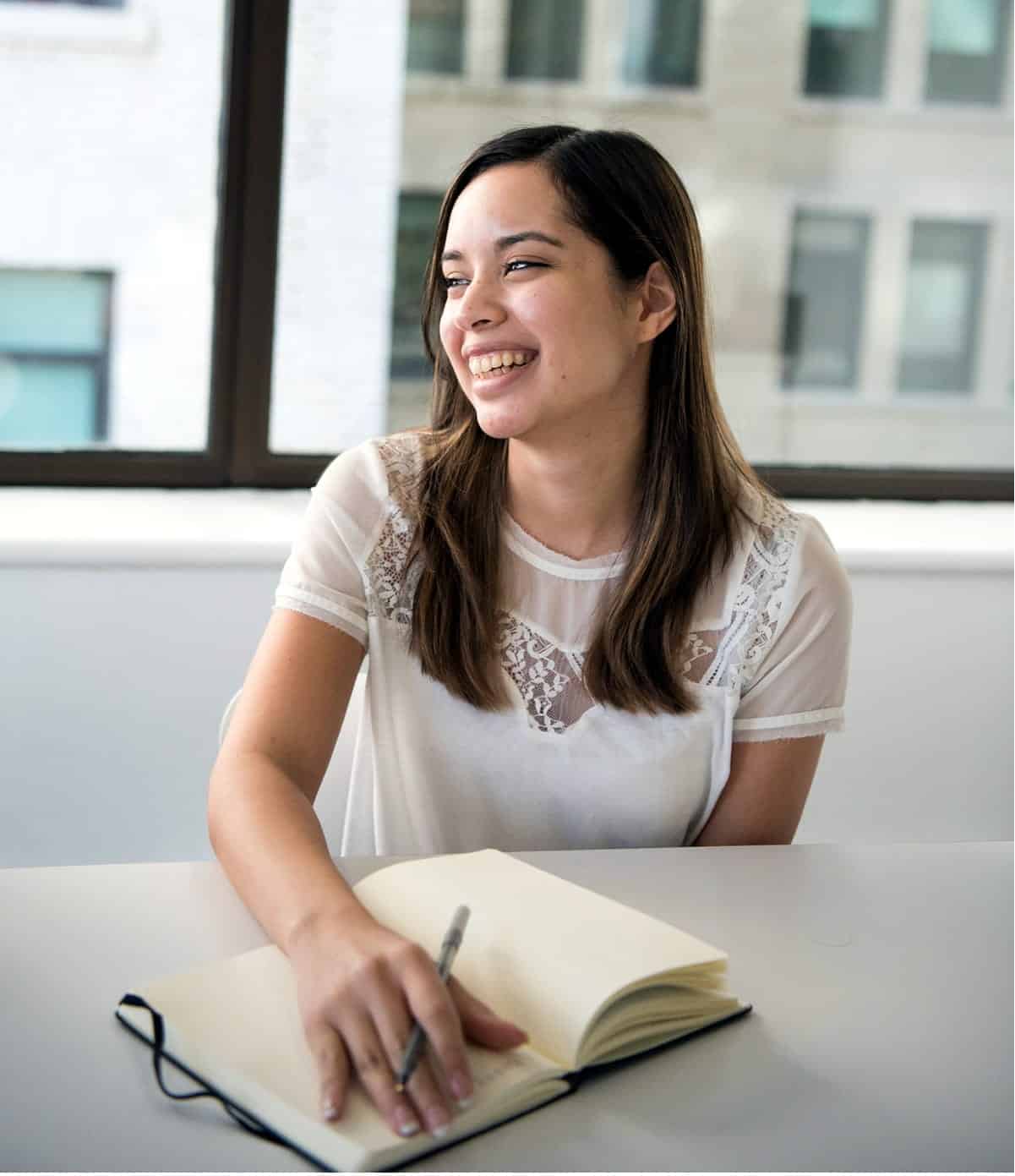
Design started out as something fun for Truong, and she slowly realized it could become a long term career. Similarly, a class Muela took in high school gave her that same moment of design inspiration. She harkens back to childhood, “Throughout school I’d be the kid doodling in my notebook while in class or taking a computer apart at home. But my passion became clear when I took a Web Design class my senior year of high school with a teacher who really inspired me to pursue design. She taught me about basic website development and challenged me to do better creative work. It was like discovering a whole new world and I started to see how doodling in my notebook and my interest in computers could work together.”
Schoch also loved to do art and was surrounded by paints, drawing, and sculpture. Her creative inclinations were cultivated from a young age, but she didn’t decide to take the graphic design route until years later. As she majored in Studio Art, she had to take a graphic design course, much to her chagrin. But it ended up being a turning point in her college career and a significant moment of design inspiration.
She explains, “Somewhere between getting the basics down with the Illustrator pen tool and learning the basics of Photoshop layers, I realized the power and influence that design could have. I became interested in how utilizing the foundations of art principles (color, composition, line quality, negative space, etc.) could be applied to graphics as a powerful tool for communication and could be leveraged for more utilitarian needs.”
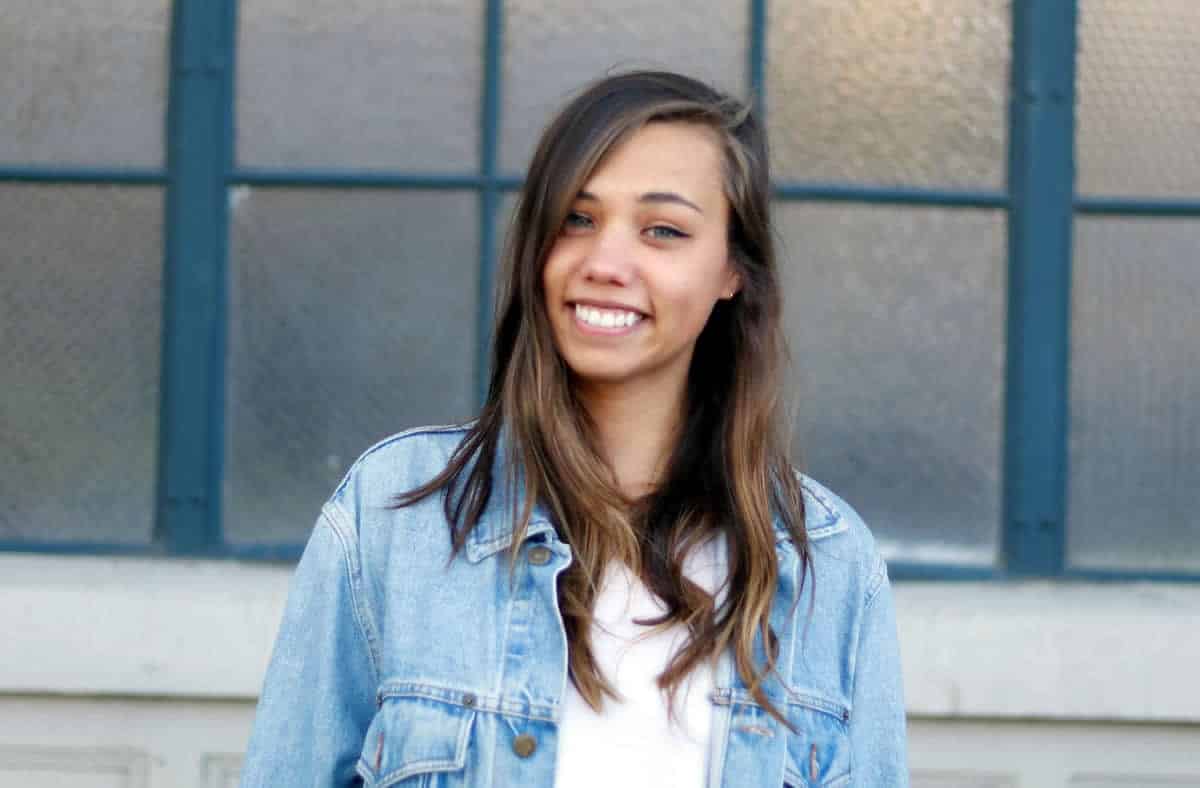
While design wasn’t exactly what these designers initially thought they’d be doing, it turned into a lifelong passion for each of them. But don’t think that their career paths have been a simple walk in the park. Each of these designers have hit their fair share of creative roadblocks, and luckily they put together their top tips for pushing through with design inspiration.
Design Inspiration Comes in Different Shapes and Sizes
If you’ve ever been in a job interview and asked your potential team what their favorite part of their role is, chances are they’ve all told you that it boils down to the people. Muela and Schoch are no different. They champion their teams as the forces that get them out of a rut when they seem to have run out of ideas.
Muela talks about the UX designers she’s proud to have on her team. “They’re all so incredibly talented and looking at the work they’ve accomplished inspires me. Seeing their approaches to work or patterns they’ve tried and how that can apply to my work, helps me make progress.”
Over at Gusto, Schoch has a great team of cross-discipline brand designers from whom she can draw design inspiration. She explains, “When I feel myself hit a creative roadblock, they’re the first people I’m inclined to go to. Either through formal processes, we have in place like critiques, or just as likely, in the form of a shoulder tap or Slack message.”
Each designer made a point to mention that what they find outside of the office also has a big impact on them when they are in need of design inspiration. Schoch tells me, “Living in San Francisco, there’s never a shortage of design, whether it’s a mural, a pop-up shop, or a hand-lettered sign. In a Warholian sense, I’m constantly and usually on a subconscious level, taking in visual stimuli and thinking of ways they can be leveraged or re-appropriated within my own design eco-system.”
Muela steps out of her workspace as well because “seeing new environments usually sparks new approaches to my work.” Truong is on the same page, “whenever I’m stuck on something, I never worry too much because I know if I stop working on it for a while, it’ll come to me. Sometimes I write or play games. I feel like my best ideas come from these breaks… seemingly from out of nowhere.”
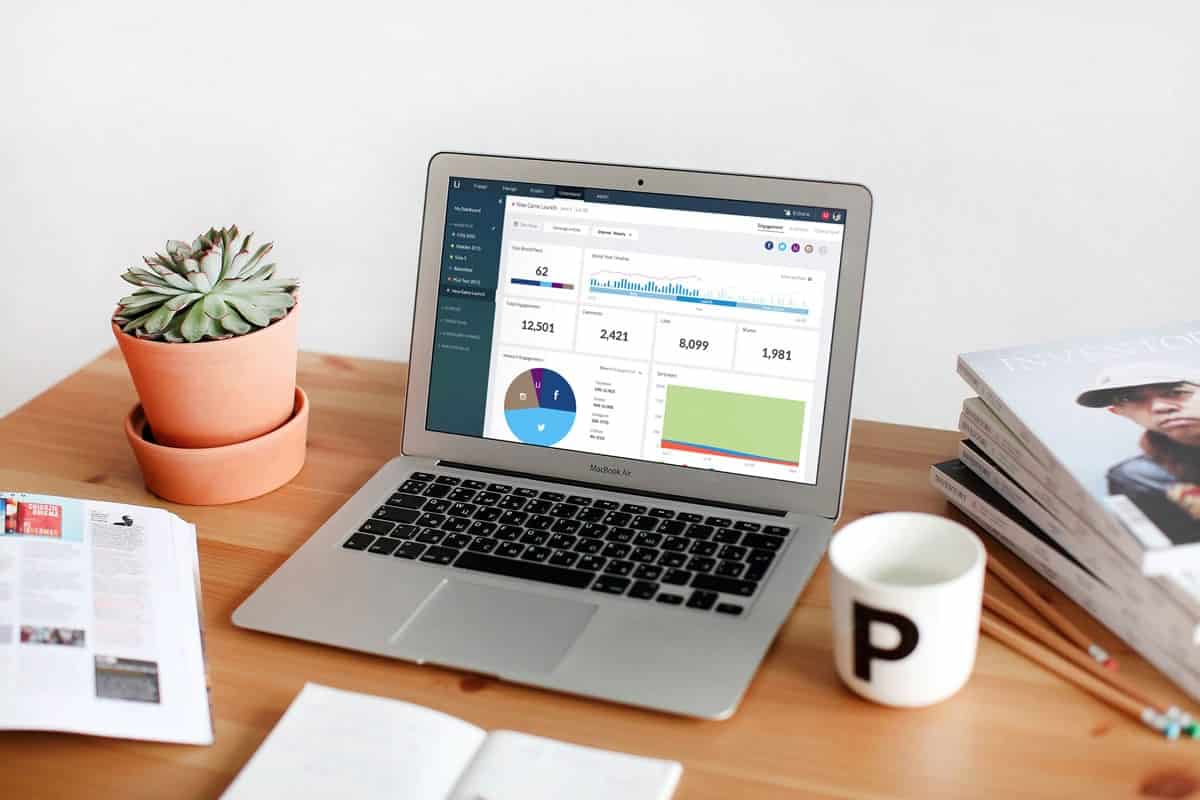
Sometimes even other designers can provide the inspiration needed. Truong mentions Zynga for their consistently clean interfaces and responsive designs. Muela puts in a plug for Handsome and Funsize studios in Austin, not to mention the product design insights she can draw from design inspiration leaders, Julie Zhuo at Facebook and Helen Tran of Nike.
Schoch brings more practical wisdom that designers at any stage of their career can benefit from: looking to your peers near and far for inspiration. She suggests looking into the products that we all love, as they operate within real world product constraints and still manage to create memorable experiences. In particular, some of her favorites are MailChimp, Slack, Shopify, and Spotify. What ties them together, in her opinion, is, “their ability to leverage their personalities through design and copy to find a distinct brand that is infused within their products, but does not dominate or overshadow the product’s functionality.”
These great minds in design also have helpful insights into where design could be going in the near future.
The Future of Design
Here at Proto.io, we’ve discussed many design trends for 2017 and the designers I spoke with also have their own ideas on where the industry might be headed. Admittedly, design is moving at the speed of light, so an up and coming idea can be the standard the next day. However, there are still a number of concepts worth discussing.
Truong, for one, thinks that experiential design is the future. She already sees some brand leaders, such as Audi, creating an entirely new customer experience through VR/AR and other means of making the dealership experience more interactive. Another brand that has caught on to this is AT&T and it’s becoming clear that many more are on the way.
Another direction design could be going in (we hope!) is giving designers a bigger say in app and website design. Muela looks to the future and suggests the way business is done could soon change. “Companies will start to see the tangible benefits of including designers first to define problems through the design process. Once this starts to happen, the potential and quality of what these businesses deliver will be incredible.” A design-first world would certainly be a good one to live and design in.

Main Tips for Designers
It takes time to go from making sketches to winning awards, but Truong has expedited the process. One thing any designer can learn from her is to never be afraid to try. As she finished up her Bachelor of Fine Arts in advertising, she entered three of her portfolio pieces in the Student ADDY Awards put on by the American Advertising Federation. She walked away winning silver for all three, as well as making it to Nationals.
When it comes to Muela’s recent accomplishments, she stresses the benefits of collaboration. After wrapping up a year long project that pushed her out of her comfort zone. Beyond learning her user’s needs, she “had to learn how to sell my work to stakeholders, find the technical roadblocks and quickly get the designs in front of people that will be using this every day.” While doing user research and completing the design process, getting stakeholder buy-in is also a skillset that every designer needs to master.
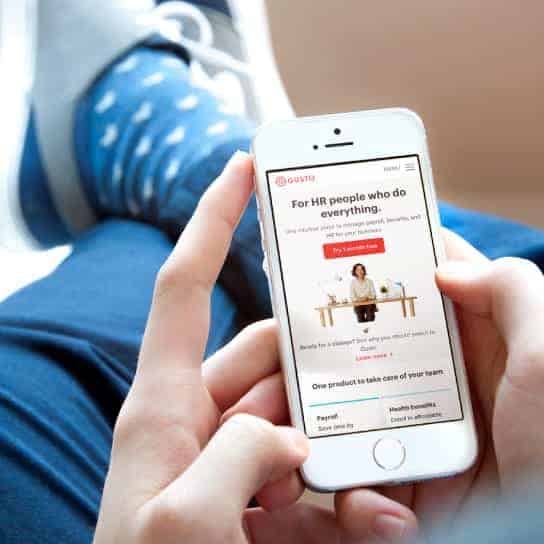
Someone else who has taken user research and turned it into an amazing project is Schoch. In September of 2016, her brand team launched a brand awareness campaign. They had learned through robust research that their target market had very broad job responsibilities. In order to address their expansive jobs and how Gusto could help them with several of their core job functions, Schoch and her team pitched an ad with Kristen Schaal. It was accepted in collaboration with Erich & Kallman and Biscuit Production and together they developed a series of short videos. Schoch played a critical role and directed the photoshoot with Kristen Schaal, “choosing the props, wardrobe, and poses for the photos that would be featured on our corporate website, billboards and other campaign collateral.” The outcome was phenomenal, as it gained 1,400,000 views and won Adweek’s Ad of the Day.
What’s Next for Design Inspiration
These designers were once hopeful students, looking up to designers who were creating novel experiences. Now they’re on their way to being design inspiration for the next generation of designers. This process is one that I love to watch and I look forward to seeing what they all accomplish in the future.
Proto.io lets anyone build mobile app prototypes that feel real. No coding or design skills required. Bring your ideas to life quickly! Sign up for a free 15-day trial of Proto.io today and get started on your next mobile app design.
What gives you major design inspiration? Let us know by tweeting us @Protoio!
